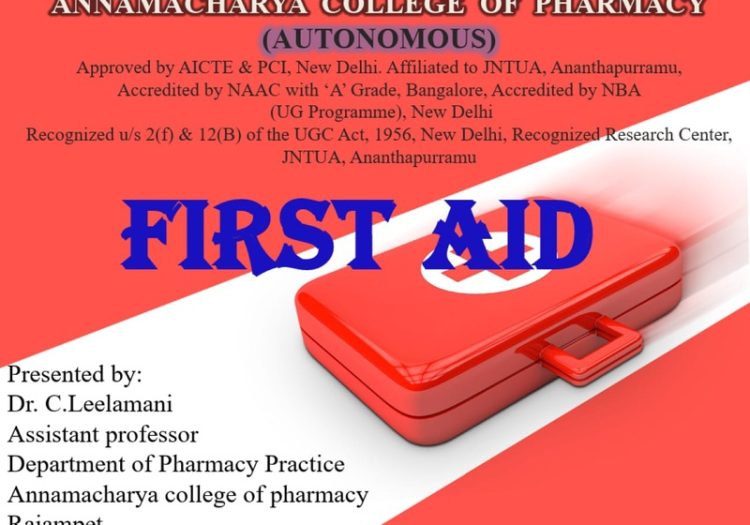
Tips for choosing your Engineering specialization
So, you have appeared for all your engineering entrance exams that include AIEEE, IIT, EAMCET and other private exams. These are the exams that everybody told you that you could not afford to miss. And now that the results are out, you know your rank. The tough part is over, right? Wrong!
The climb only gets steeper now with the myriad options laid out in front of you. You need to apply astute judgement and be crystal clear about your preference of not only the stream or discipline of study but also the various institutes and the different permutations and combinations thereof.
You would obviously want to make the right choice for your education and career so that you do not regret all your life. Engineering is an extensive subject, and with so many types of engineering specializations to choose from, it can get difficult to narrow down to which one is for best for you. The best way to decide is by identifying what you are passionate about. If you choose a subject that you are interested in, then you’ll find it easier to stay involved with the subject.
Here’s a rundown of the various branches of engineering, to help you decide which one could be for you.
Electronics and Electrical Engineering (EEE)
This specialization focuses on electrical, electronics, telecommunication systems and related industries. It will provide you with a wide range of fundamental and vital knowledge in core disciplines such as radio frequency design,control systems, micro-electronics, signal processing, micro-processors, power generation and electrical machines.
Electronics and electrical engineering is the course you should opt for, if:
- You are interested in how electrical devices and systems work
- You want to understand how electrical systems are set up and want to contribute towards the improvement
- You want to help power the next phase of technological developments in the electrical field
Computer Science and Engineering (CSE)
Are you interested in the design and prototyping of computing hardware and software? If yes, then this specialization is just for you. The CSE specialization focuses on a wide variety of topics that include analysis of algorithms, programming languages, program design, software, and computer hardware.
Computer science and engineering is the course you should opt for, if:
- You are passionate about an engineering career related to computers. For example, a computer engineer or a software developer
- You want to produce new systems and products based on technological advances of computer scientists
- You are interested in computers, science and mathematics and want to learn move on how computers operate at a physical level
Electronics and Communication Engineering (ECE)
Electronics and Communications Engineering is the utilisation of science and math applied to practical problems in the field of electronics and communications. This branch of engineering deals with the electronic devices, circuits and communication equipment such receiver, integrated circuits and transmitter. As an ECE engineer, you will engage in research, design, development and testing of electronic equipment used in various systems.
Electronics and Communication Engineeringis the course you should opt for, if:
- You want to develop your skills and passionate about creating advanced communication facilities
- You want to contribute towards designing and maintain satellites, which bring TV, telephone and internet services into rural and remote regions
- You are captivated by the science used for developing programs for various control and communication systems
Mechanical Engineering (ME)
It is one of the oldest and broadest type of engineering which focuses on design, manufacturing and maintenance of mechanical systems. Mechanical Engineering involves the production and usage of mechanical power for the design, production and operation of machines and tools. Through this specialization, you will study thermodynamics, statistics and dynamics, fluid dynamics, mechanical design, stress analysis and technical drawing.
Mechanical engineering is the course you should opt for, if:
- You like fiddling with mechanical devices
- You are interested in working as a part of interdisciplinary team to develop and improve mechanical technologies
- You are interested in inventing new and innovative designs in fields such as sustainable energy or artificial intelligence
Civil Engineering (CE)
Historic wonders like the Colossus of Rhodes or the Taj Mahal or the modern masterpieces like London Bridge would have not been existed if there were no civil engineers. The civil engineering course is a professional practice of planning, designing, contracting, maintaining and operating infrastructure projects. From designing and construction f bridges and airports to sewerage systems and pipelines, a civil engineer is involved in all aspects of construction.
Civil engineering is the course you should opt for, if:
- You are interested in designing and building things
- You are interested in using the knowledge of earth’s crust to solve construction related problems
- You would like to develop your design skills, particularly in computer-aided design
Information Technology (IT)
Information Technology is an engineering specialization, which focuses on the study of utilizing computers and telecommunications in order to control, gather, store and circulate information. As an IT engineer, you will be responsible for operating computer systems, servers, software, network securities or computer networking.
Information Technology is the course you should opt for, if:
- You are interested to work in IT sectors as an IT-Consultant, Business Analyst, Information System Manager, System Developer, Database Administrators, Hardware Engineers or System Testers
- You are keen in are interested working at the cutting-edge of research and innovation
- You want to bring about a change in the existing software technology
Aeronautical Engineering (AE)
Are you looking to make a career which deals with airplanes, space shuttles and jumbo jets? If yes, then Aeronautical engineering is the best option for you. As an Aeronautical engineer, you will design, develop and maintain air crafts to ensure high-level of technical precision and safe operation. Aeronautical engineering basically deals with every stage of an aircraft function, that is, from the research, science and technology of an aircraft.
Aeronautical engineering is the course you should opt for, if:
- You have a very keen interest in the mechanics of flight travel
- You are captivated by computer simulation and interested in seeing how the aircraft machinery performs under extreme conditions
- You are highly fascinated by the methodology behind these flying machines
Choosing the subject of your interest will keep you motivated throughout your course and whilst involved with the subject whist pursuing your engineering career.
All the colleges under our group of institutions, offer a wide range of multidisciplinary engineering programmes. Our bachelor’s programmes allow students to pursue extra-curricular and co-curricular interests, to discover new passions, and perhaps to change the trajectory of their lives.Click here to find out more about our colleges.











